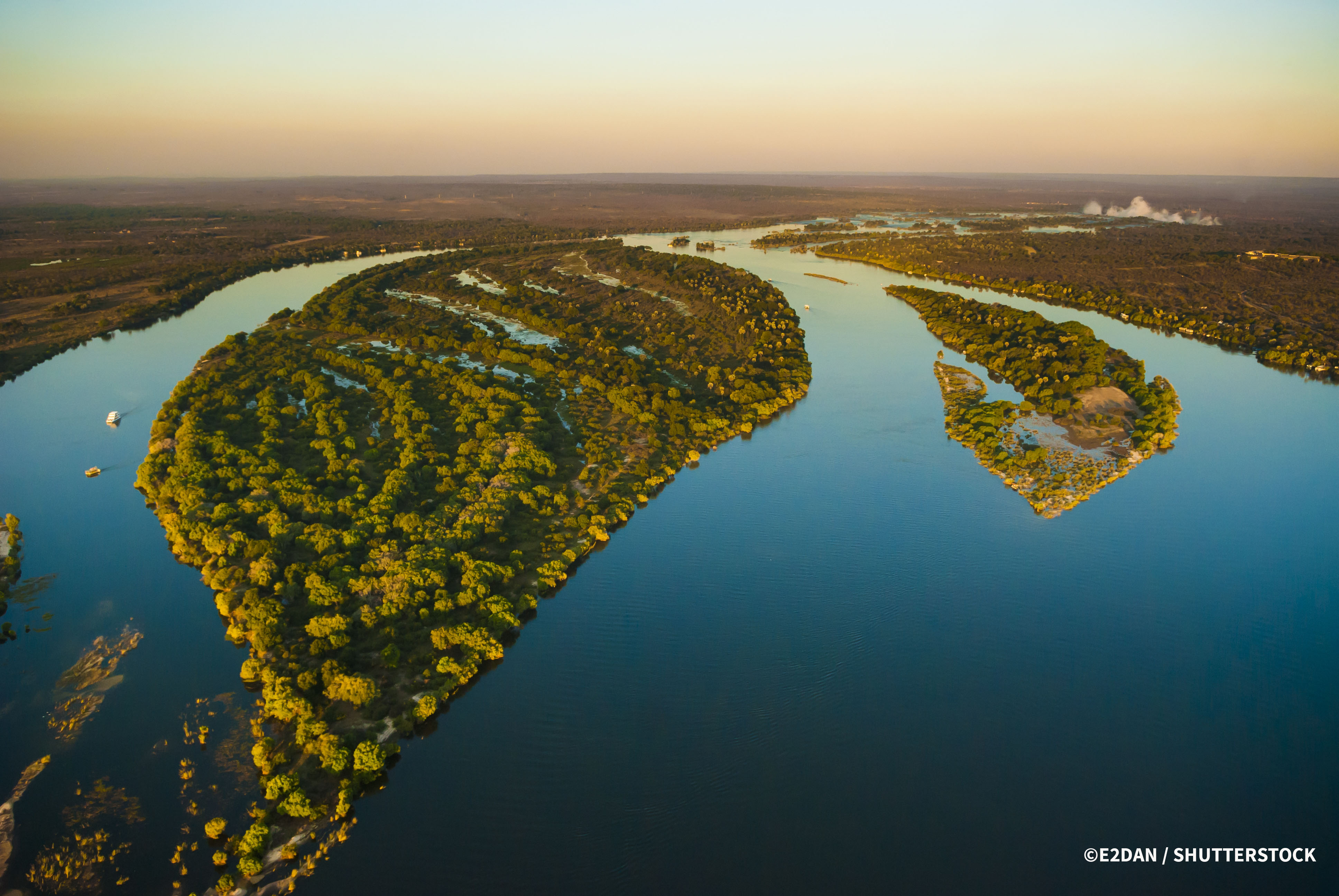AWF Gears Up for Second Africa Protected Areas Directors (APAD) Conference

The African Wildlife Foundation (AWF) is gearing up for the second in-person conference of the Africa Protected Areas Directors (APAD) network, slated to convene in Zimbabwe next week.
Scheduled from March 5th to 8th, this pivotal event brings onboard directors of Protected and Conserved Areas (PCAs) across Africa to address the pressing conservation challenges facing the continent's wildlife and wild lands.
Established in 2020 with support from AWF, APAD serves as a catalyst for collaboration, knowledge sharing, and joint initiatives among protected area directors. This network amplifies African voices and leadership in conservation, epitomizing AWF's commitment to building a future where wildlife and people thrive.
As we anticipate the forthcoming conference, let's delve into AWF's role in positioning protected areas at the forefront of sustainable development in Africa.
The conference will pivot around three key themes: securing sustainable funding, adapting to climate change, and fortifying collaboration among conservation leaders guided by the Global Biodiversity Framework that was adopted in 2021.
Acting as the APAD secretariat, AWF plays a crucial role in facilitating stakeholder engagement, garnering endorsements from African institutions and leaders, and fostering connections with international biodiversity agencies.
According to Frederick Kwame Kumah, AWF's Global Leadership Vice President, the genesis of APAD stemmed from the aspiration to amplify African voices at the Africa Protected Area Congress (APAC). "APAD provides a platform for leaders to share experiences, learn from one another, and collectively address critical issues," Kumah noted.
The 2021 Nairobi Declaration marked a significant milestone for APAD, cementing the network's purpose and garnering government support for its objectives. This landmark declaration underscored the imperative for sustainable financing for Protected and Conserved Areas (PCAs), climate resilience, and enhanced cooperation among conservation leaders.
Since its inception, APAD has convened quarterly meetings, conducted surveys on COVID-19's impact and PCA financing, and actively participated in various forums like the Africa Climate Summit and the UN Climate Change Conference (COP28).
In June 2023, AWF and APAD embarked on their maiden project, funded by the German Federal Government under the International Climate Protection Initiative (IKI), one of Germany’s most important instruments for international climate protection and biodiversity financing. The project underscores the vital role of PCAs in achieving global conservation targets while promoting collaboration with indigenous communities and youth.
The incoming in-person APAD conference, hosted by Zimparks, illustrates the network's unwavering commitment to collaboration. This landmark gathering will unite APADs, key stakeholders, and partners in a concerted effort to forge a sustainable future for Africa's conservation landscape.
Why APAD is Crucial to Conservation
With over 70% of African countries engaged, APAD champions disaster preparedness to tackle climate change and unsustainable practices, engaging diverse stakeholders, including thought leaders, youth, the private sector, indigenous people, and local communities.
Many protected areas face challenges that transcend borders, necessitating collective action for effective solutions. APAD network has allowed PCAs to build capacity and foster peer learning through case studies and joint initiatives, empowering directors to navigate complex transboundary issues, thus significantly contributing to the long-term sustainability of Africa's ecosystems.
AWF further recognizes the critical role of indigenous peoples, local communities, and youth in conservation. The APAD network advocates for mapping and registering community-conserved areas, elevating their status, and ensuring they receive attention and resources, aligning with the Kigali Call to Action advocating for inclusive and equitable conservation practices.
APAD's dedication to sustainable financing, transboundary cooperation, and climate-resilient protected areas aligns with the "30x30" goal of conserving at least 30% of the world's protected areas by 2030. This paves the way for a future where Africa's natural heritage thrives, benefiting both people and the planet.
AWF's Investment in APAD
- Amplifying African voices by providing a platform for African conservation leaders
- We are one of the founding partners and the sitting APAD secretariat, facilitating stakeholder engagement, securing endorsements from African institutions, and fostering international partnerships.
- The Nairobi Declaration solidified APAD's purpose and secured government commitment to sustainable financing, climate resilience, and enhanced cooperation for protected areas.
- APAD actively participates in various forums, including the Africa Climate Summit and the upcoming UN Climate Conference (COP28).
- APAD is a Network of PCA directors across Africa for knowledge sharing and joint initiatives.
- APAD comprises representatives from 39 African countries who spearhead the key priority focus areas.